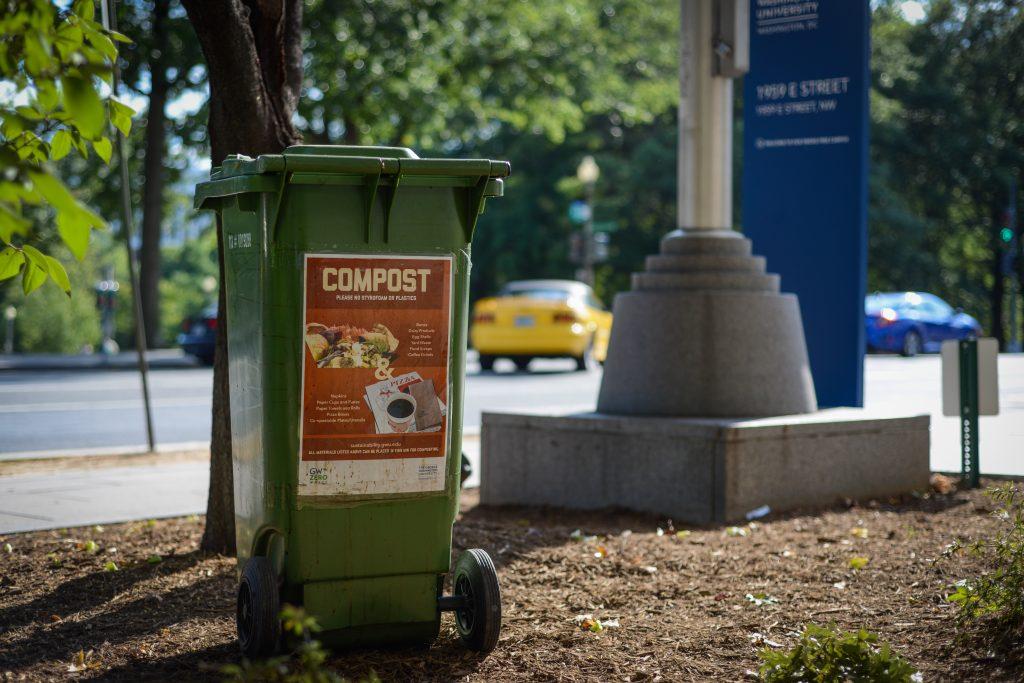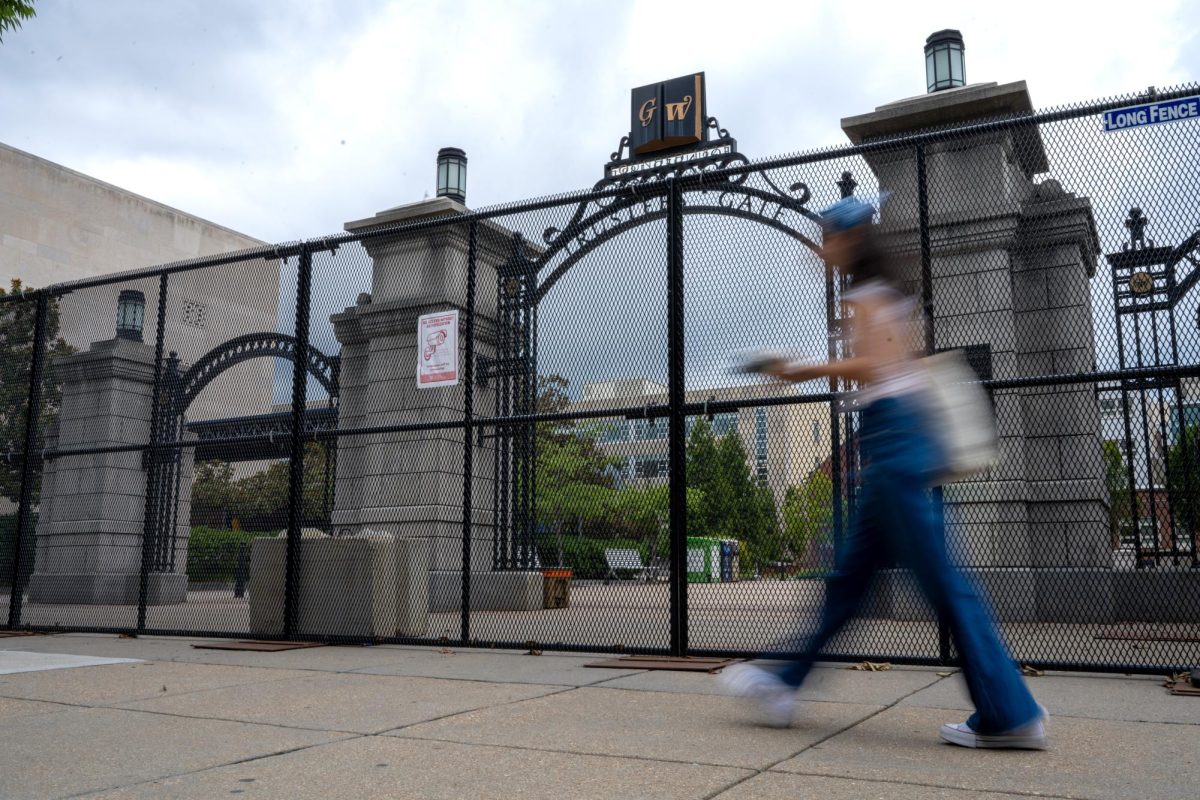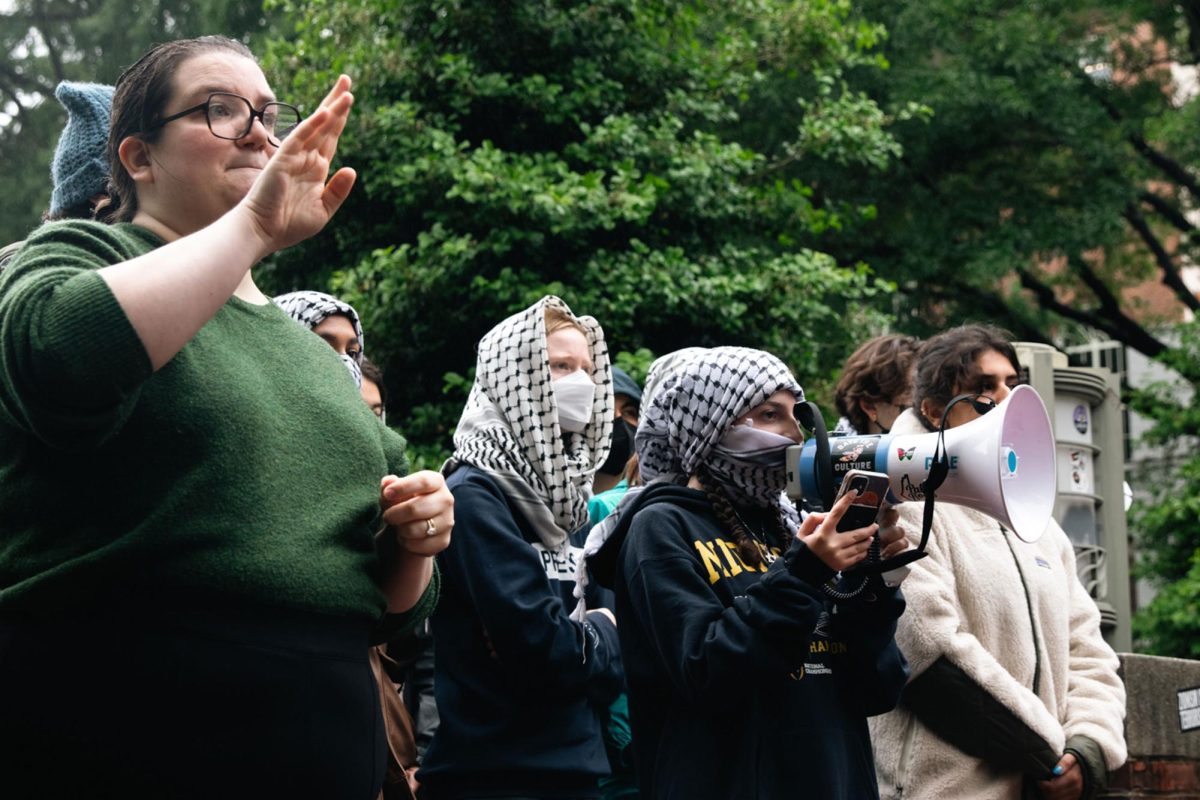Just as access to Capitol Hill draws political science majors to GW, it has also drawn faculty for 100 years, turning it into one of GW’s most prominent departments.
In the 100 years of political science at GW, one of its most popular departments, long-standing professors say it was the University’s push for research in recent years that truly brought the department into the national spotlight.
By hiring more faculty who strived to make marks in academia, a series of department chairs helped raise the department’s clout and help it to draw one of the largest number of students to the University each year.
While GW’s location helps draw both faculty and research, faculty pointed to former department chair Lee Sigelman, who worked at GW for 19 years before passing away in 2010, as the man who nursed the program’s reputation.
Associate professor of political science Robert Stoker said Sigelman’s vision helped draw new faculty to the then-slow-growing program.
“He provided more support services for faculty, including reduced teaching loads and professionalized advising services, and managed to recruit a promising group of new faculty,” Stoker said.
Sigelman charged professors to prioritize research in a new way, which increased the program’s vision nationally, he said. U.S. News and World Report ranked GW as the No. 36 best political science department for graduate students this year.
Professors have since pushed research and other experiential learning opportunities on students to further engage them.
John Sides, an associate professor of political science, is a co-founder and contributor of the Monkey Cage, a blog that was absorbed by the Washington Post last month. Sides also received a grant from the National Science Foundation last year to study group-centrism in American politics.
Maurice East, former dean of the Elliott School of International Affairs, convinced Sigelman to come to GW, and said they both hired premiere faculty in the field to the department.
“Lee was able to get people to come to GW even when the [political science department] wasn’t the most prestigious, because of our location and the prominence of the Elliott School,” East said.
Stephen Biddle, a political science and international affairs professor, said he, like many students, was attracted to GW because of its location. But it was also due to GW’s focus on security studies and commitment to research.
Biddle, a former senior fellow on the Council of Foreign Relations, said the school’s rising prominence is evident to those outside of academia as well.
“GW is known in the security community for being willing to support policy relevant work and not having a knowledge for knowledge’s sake outlook like many other institutions,” he said. “If you speak to others, they will tell you that GW has one of the best reputations.”
Cynthia McClintock, professor of political science and international affairs, is one of many faculty who bring speakers like former president of Honduras Manuel Zelaya to campus.
Assistant professor of political science Danny Hayes came to GW from Syracuse University last year, and said he recognized a stark difference between the two departments.
“GW attracts students that already have the interest in politics and want to learn more,” Hayes said. “It makes a teacher’s job easier and more enjoyable.”
Passionate students allow faculty to bring more of their own style into the class, he said, adding that he recently performed a version of Jay-Z’s “99 Problems” in a class about the Civil War.
The headline of this post was updated to reflect the following correction:
The Hatchet misreported the timespan of the political science department. We regret this error.







